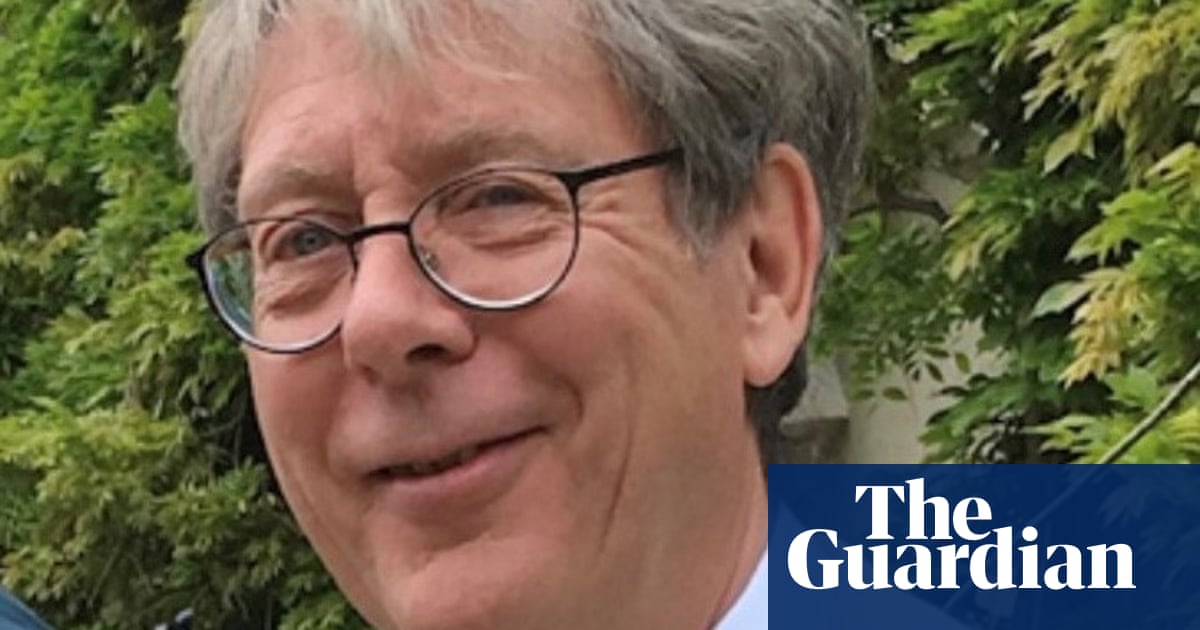
Movie-critic-turned-filmmaker Abdulmohsen Aldhabaan’s first feature, “Last Visit,” is an endearingly honest take on a disturbed father-son relationship.
The movie, which premiered at the ongoing Karlovy Vary International Film Festival in the Czech Republic, has echoes of the Palestinian work “Wajib – The Wedding Invitation,” which also involves a road-trip bonding of a father and son, although Aldhabaan stops short of offering a resolution.
Instead, he concentrates on the uneasy ties between Nasser (Osama Alqess), a late-40s presumable widower, and his 16-year-old son, Waleed (Abdullah Alfahad).
Hoping to mend their relationship, Nasser takes Waleed to a wedding, but on the way receives a call about his father’s critical health condition. Nasser turns his car around to be by his father’s bedside in a quiet village.
Shot at the remote Naájan, 107 km from Riyadh, the movie captures the turmoil and turbulence as Waleed, immersed in his world of music with earphones plugged on, is forced to confront an unfamiliar side of life he is quite disdainful about.
The plot is threadbare with just one dramatic curve involving a missing boy, but Aldhabaan, who co-wrote “Last Visit” with Fahad Alestaa, infuses his narrative with a kind of silence that is deafening and an economy of dialogue that is pervasively powerful.European in style, almost Bergmanesque, he uses the father-son estrangement to study the divisiveness between the older and younger generation. Waleed, tech-savvy and rebellious, wants to move away from old customs and experiment with something radically different.
Happily, “Last Visit” stops short of taking sides, allowing viewers the freedom to make their own conclusions.
Gripping in many ways, there is a noticeable on-screen lack of women, the inclusion of which would have made the piece feel more authentic.












